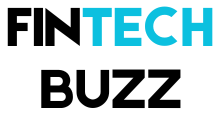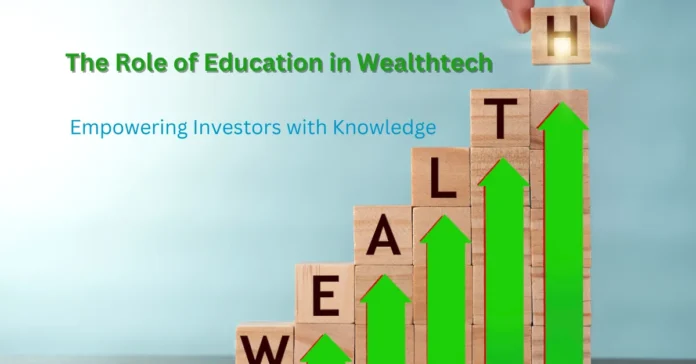The Role of Education in Wealthtech: Empowering Investors with Knowledge
In the rapidly evolving world of wealthtech, education is becoming increasingly essential for investors. As technology reshapes how we manage wealth, it’s crucial for investors to understand not just the tools available, but also the underlying principles of investing. Here’s a deeper look at how education plays a vital role in this landscape:
1. Understanding Financial Products
- Complexity of Offerings: Wealthtech platforms often provide access to a range of financial products, from stocks and bonds to cryptocurrencies and alternative investments. Education helps investors grasp the nuances of these products, allowing them to make informed choices.
- Risk Assessment: Knowledge about different asset classes and their risk profiles equips investors to align their portfolios with their financial goals.
2. Utilizing Technology Effectively
- Navigating Platforms: With many users interacting with sophisticated tools for the first time, education ensures they can navigate these platforms confidently.
- Maximizing Features: Understanding features like automated rebalancing, tax-loss harvesting, and data analytics can significantly enhance investment strategies.
3. Promoting Financial Literacy
- Empowering Decision-Making: A well-informed investor is more likely to engage in proactive financial decision-making rather than reactive responses to market changes.
- Building Confidence: Financial literacy programs foster confidence, enabling investors to articulate their goals and strategies effectively.
4. Mitigating Behavioral Biases
- Recognizing Cognitive Biases: Education can help investors identify common biases—such as overconfidence or loss aversion—that might affect their investment decisions.
- Strategies for Improvement: Providing strategies to combat these biases can lead to more rational, data-driven investing.
5. Adapting to Market Changes
- Continuous Learning: The financial landscape is dynamic; ongoing education keeps investors updated on market trends, regulatory changes, and technological advancements.
- Resilience in Uncertainty: Knowledge empowers investors to stay calm and strategic during market volatility, fostering long-term investment discipline.
6. Building a Community of Informed Investors
- Peer Learning: Platforms that promote community discussions and knowledge sharing can enhance the learning experience, allowing investors to learn from each other’s successes and mistakes.
- Access to Resources: Wealthtech companies can provide educational resources like webinars, articles, and courses, making information readily available.
7. Regulatory and Ethical Awareness
- Understanding Compliance: As regulations evolve, educating investors about compliance and ethical investing practices is crucial for fostering trust in wealthtech solutions.
- Promoting Responsible Investing: Knowledge about socially responsible and sustainable investing can align investor values with their investment strategies.
Conclusion
In the wealthtech space, education is not just an added benefit; it’s a cornerstone of effective investing. By empowering investors with knowledge, wealthtech platforms can cultivate a more informed, engaged, and confident investor base. As technology continues to advance, prioritizing education will be essential for both individual investors and the industry as a whole. This commitment to education can ultimately lead to better financial outcomes and a more resilient financial ecosystem.


